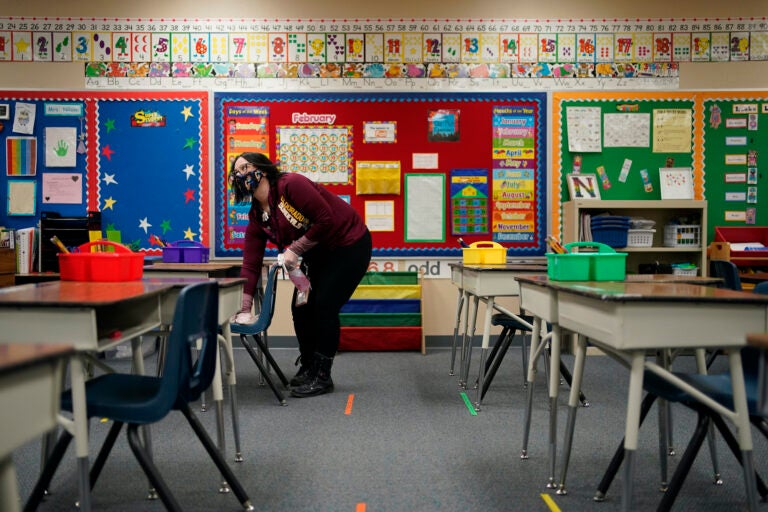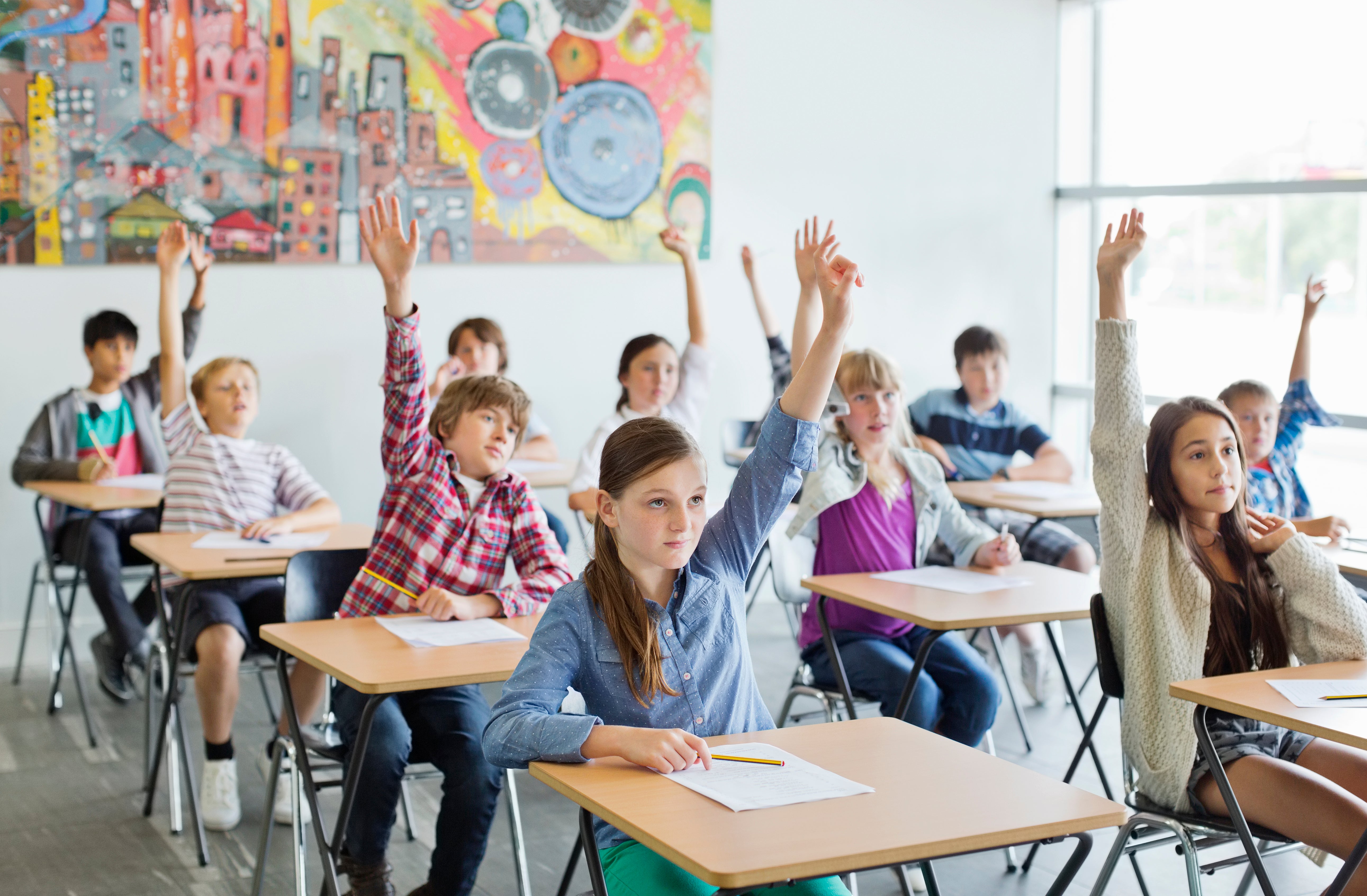Explore the Obstacles Facing Our Community: Save Temecula Schools
Explore the Obstacles Facing Our Community: Save Temecula Schools
Blog Article
Comprehending the Importance of Colleges in Youngster Growth and Area Growth
Institutions' engagement with regional communities via service-learning initiatives strengthens the bond between family members and academic organizations. This symbiotic connection highlights the relevance of schools in supporting active citizenship and lifelong discovering practices.
Academic Achievement
Academic success acts as a keystone of kid advancement, giving the structure whereupon future knowing and success are developed. Institutions play a critical duty in fostering this scholastic growth, offering structured environments where youngsters can acquire necessary expertise and cognitive abilities. Standardized educational program make certain that trainees gain effectiveness in core subjects such as maths, science, and language arts, which are essential for both college and specialist chances.
In addition to imparting essential academic abilities, schools additionally cultivate vital thinking, analytical capabilities, and intellectual inquisitiveness. These cognitive competencies are crucial for browsing intricate real-world scenarios and adapting to the ever-evolving needs of the modern workplace. Teachers, as facilitators of discovering, utilize diverse pedagogical strategies to provide to diverse discovering designs, consequently taking full advantage of private pupil capacity.
Moreover, academic success is very closely linked to self-esteem and motivation. Kids who experience academic accomplishments are most likely to create a positive self-concept and a lifelong interest for knowing. Institutions likewise supply various sources, such as libraries and technology, which better boost the educational experience and prepare students for a technologically advanced culture.
Social Skill Advancement
Beyond academic success, the duty of schools in social ability advancement is crucial. Schools offer as a key place for children to find out and exercise vital social skills such as problem, interaction, and cooperation resolution. In the organized environment of a class, students engage with peers, educators, and various other institution personnel, supplying many opportunities to develop these vital abilities.
Effective social ability development in schools is assisted in via team tasks, collaborative jobs, and extracurricular programs. These communications aid pupils recognize social standards, build empathy, and cultivate a sense of neighborhood. For instance, group jobs educate students how to function together in the direction of a common objective, listen to different point of views, and browse disagreements constructively.

The growing of social skills throughout school years lays a structure for future personal and specialist relationships. Save Temecula Schools. As trainees grow, the capacity to properly communicate and collaborate becomes progressively essential, underscoring the institution's critical function in all natural child growth
Exposure to Diversity
Direct exposure to diversity in schools is basic to fostering an inclusive mindset and expanding students' perspectives. Schools work as a microcosm of the wider culture, and experiencing varied cultures, languages, and socioeconomic backgrounds within this environment furnishes students with necessary skills for browsing a significantly globalized globe. This exposure urges compassion, reduces prejudices, and advertises mutual regard among peers.
Varied class also boost cognitive and social advancement. Research study indicates that trainees that interact with peers from diverse histories show far better this content analytic skills and creativity. They discover to appreciate different point of views, which enriches classroom conversations and cultivates an extra dynamic learning experience. Additionally, this understanding of diversity prepares trainees for future offices that value modern proficiency.

Area Engagement
The benefits of diverse classrooms extend beyond the school wall surfaces, fostering a solid feeling of neighborhood engagement among trainees. By communicating with peers from various cultural, socioeconomic, and ethnic backgrounds, students get a wider viewpoint and a gratitude for diversity. This exposure urges them to become active residents that are willing to contribute favorably to their communities.
Institutions that highlight community engagement usually incorporate service-learning projects, which permit students to address real-world troubles while applying scholastic abilities. These jobs not just boost trainees' understanding of their coursework however also instill a sense of duty and empathy. Partnerships in between colleges and regional companies supply trainees with opportunities to get involved in community events, better strengthening their function as proactive community participants - Save Temecula Schools.
In addition, adult and neighborhood participation in schools strengthens the bond between academic institutions and the neighborhoods they serve. With these efforts, institutions play a crucial role in nurturing area involvement and promoting social growth.
Lifelong Discovering Routines
Developing long-lasting understanding behaviors is necessary for a kid's continual growth and adaptability in an ever-changing globe. Institutions play a crucial duty in instilling these practices by creating a setting that promotes inquisitiveness, vital thinking, and a love for expertise. Through diverse curricula and after-school activities, instructors urge pupils to check out various subjects, examine right here information seriously, and use their learning to real-world scenarios.

In addition, institutions provide a structured atmosphere where youngsters can create self-discipline and time management abilities, both of which are critical for constant knowing. By highlighting the importance of setting goals, reflecting on development, and adapting strategies, instructional institutions prepare trainees to navigate the intricacies of grown-up life, ensuring they continue to be long-lasting students and contributors to culture.
Verdict
In final thought, colleges are vital in cultivating youngster growth and community growth by providing atmospheres for academic accomplishment, social ability development, and exposure to diversity. Through joint jobs and communications, schools boost critical thinking, empathy, and communication abilities. Area involvement initiatives even more reinforce the bond in between regional areas and instructional organizations. Inevitably, schools grow lifelong learning habits, gearing up individuals with the necessary expertise and skills to add positively to society.
In the structured setting of a class, pupils interact with peers, teachers, and other college team, supplying many chances to establish these vital capabilities.
In significance, exposure to variety within colleges not only enhances private students yet also reinforces the social fabric of the area as a whole.
The advantages of varied class extend beyond the college walls, fostering a solid feeling of neighborhood interaction amongst students.Institutions that emphasize area engagement frequently include service-learning tasks, which permit students to resolve real-world problems while using academic abilities. Collaborations in between schools and local companies offer trainees with possibilities to get involved in area events, better strengthening their role as aggressive neighborhood participants.
Report this page